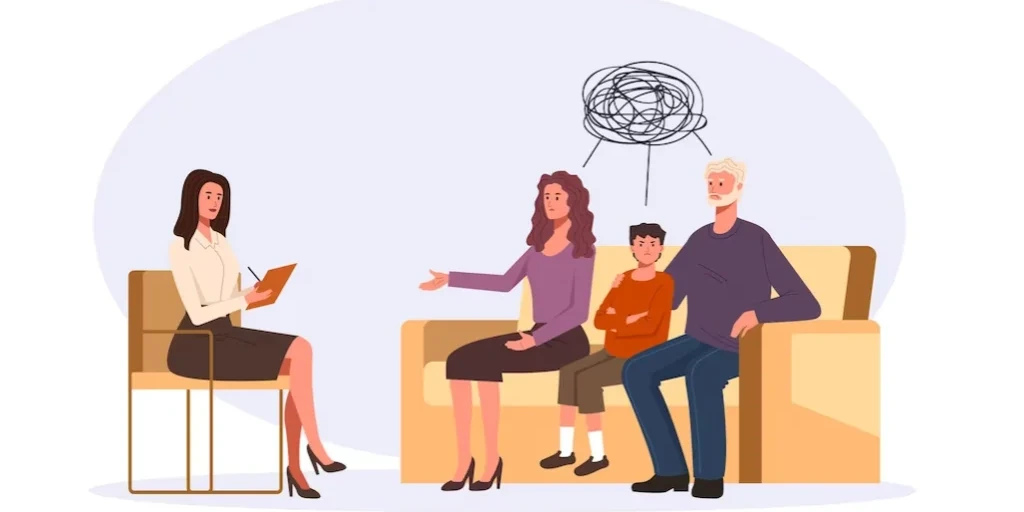24/7 Helpline:
(866) 899-221924/7 Helpline:
(866) 899-2219
Learn more about Inpatient Rehab centers in Ruston
Inpatient Rehab in Other Cities

Other Insurance Options

Magellan

Choice Care Network

BHS | Behavioral Health Systems

Carleon

Highmark

Health Choice

UMR

Excellus

Absolute Total Care

Self-pay options

State Farm

Optum

Oxford

Covered California

Ceridian

Meritain

CareSource

Health Net

UnitedHealth Group

Sliding scale payment assistance

Lincoln Nova Vital Recovery
Lincoln Nova Vital Recovery is a dual diagnosis, drug, and alcohol addiction treatment center locate...

Northeast Delta Human Services Authority
Northeast Delta Human Services Authority serves people with mental health issues, addictive disorder...



Professional Counseling Services of Ruston
Professional Counseling Services of Ruston is a private rehab located in Ruston, Louisiana. Professi...








































